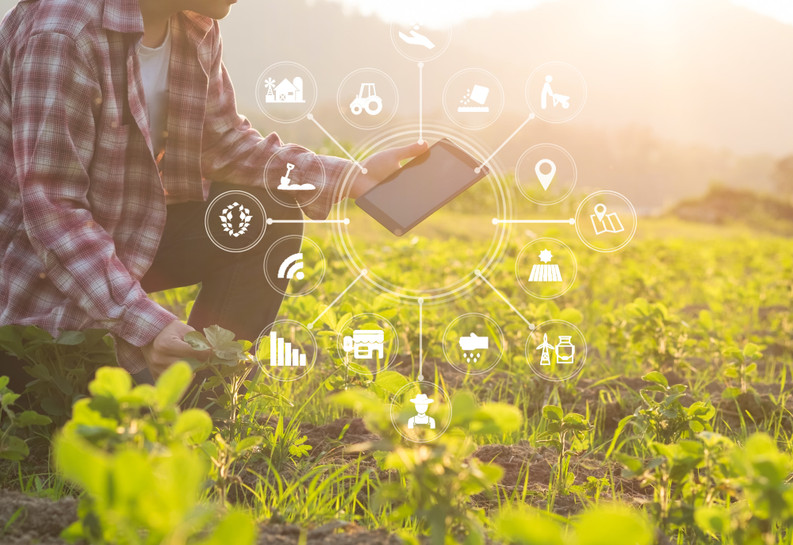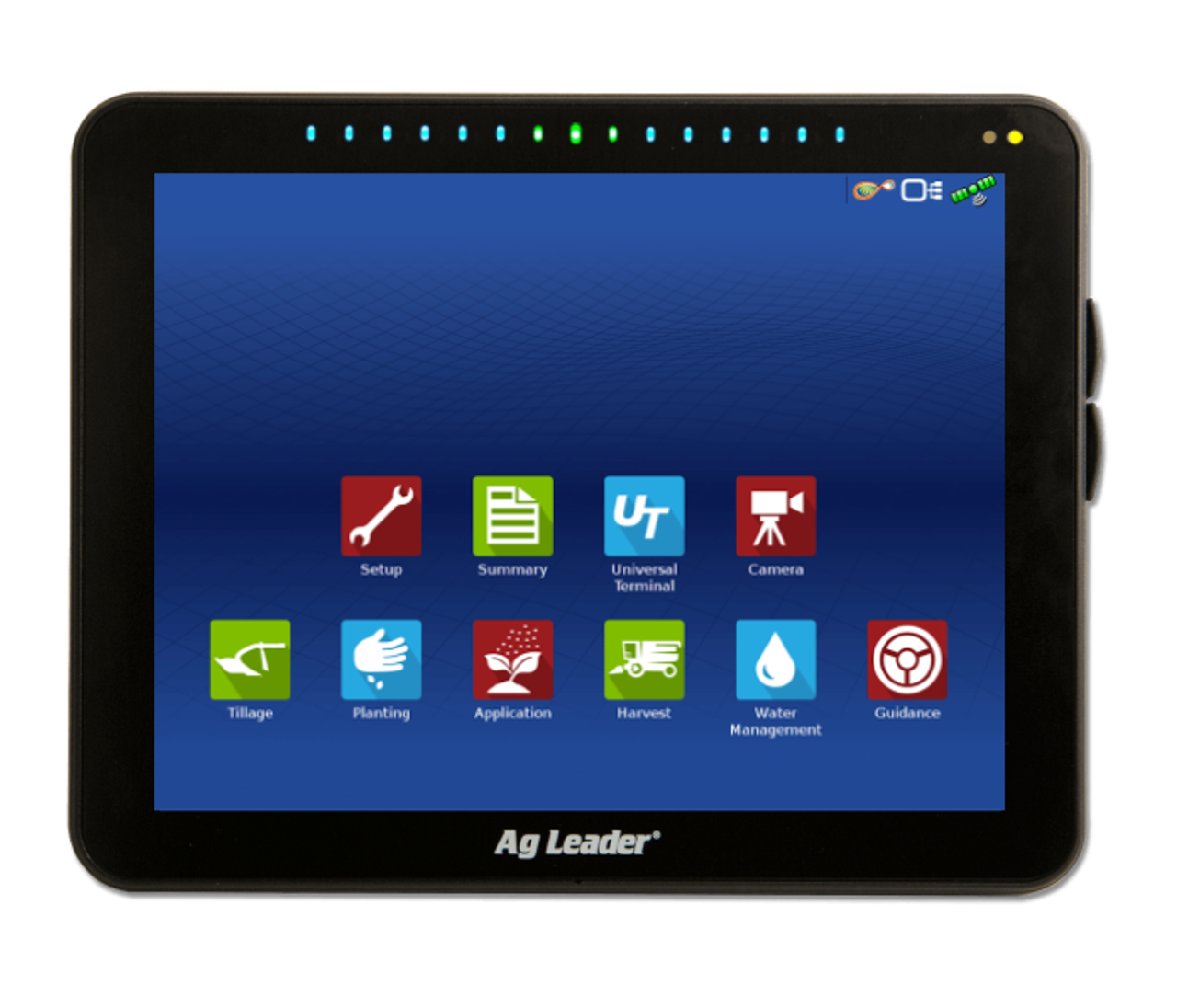Precision Farming: What You Need to Know
Have you ever wondered about precision farming?
In recent years there has been a lot of talk about precision farming. But if you're new to the game, you might not know what the fuss is all about. What is precision farming and why is it causing such a buzz?
We're here to help answer those questions! Keep reading for this guide on what it is and how it can help you and your farm.
Precision Farming: What Is It?
Precision farming refers to strategies and tools that optimize soil quality and productivity. You put in place some targeted, key interventions using the latest advanced technology.
The reason it's called precision is due to these top-of-the-range technologies and tools. They allow the exact right intervention, at the right time in the right place.
They can respond to the unique needs of each crop, soil type, and land area. This software and tools give levels of precision that you could only dream of before.
You use these tools to first collect information and data. This then helps make decisions on how you can boost your productivity. If there are any issues, it also helps spot them and put the right corrective measures in place.
In a business sense, it makes it possible to set real, tangible goals and achieve them. In very recent times, there is now talk of Agriculture 4.0. This refers to what precision farming is evolving into.
This term is about the coming together of all these tools and strategies. Now using the top precision farming technology across your farm in coordination.
The use of this interconnected data optimizes the whole operation. Instead of the more targeted approach of focusing on each crop or area at a time.
The Benefits of Precision Farming
The ultimate goal of precision farming is: produce more with fewer resources. But at the same time, you're not compromising on quality standards or sustainability. There is a two-fold advantage of using this approach.
Farms & Farmers
Farming businesses can optimize their resources and efforts, reducing waste and consumption. At the same time, they're boosting land productivity too.
In turn, this brings in more profitability for contractors and farmers alike. The processes become quicker and more efficient, reducing hourly operation costs.
Not only this but it's a massive performance boost. With work more efficient, getting better results it's easier on the workers. This reduces the amount of fatigue in employees and boosts morale.
The Environment
The first benefit is the reduction in waste from herbicides and fertilizers. There are fewer emissions from farming equipment.
And with a precision farming cycle, there is less soil compaction too. As such, the soil can stay nutrient-rich and healthy, due to these more rational, logical uses of resources.
Remember, precision farming came about due to the global need for a more efficient system. A worldwide increased food demand due to population increase makes it a necessity.
By 2050, it's estimated that the number of people needing food will hit 9 billion. The demand for food will be 60% more than it is today.
It's of paramount importance that the production of food can increase to keep up with that demand. But there can't be further exploitation of precious resources like fertilizers and water.
These results also can't compromise the physical and chemical make up of the soil. This is the only way that long-term increased food production can be sustainable.
The Importance of Agronomy Knowledge
As a farmer, you'll already hold a great deal of agronomy knowledge. Precision farming, though, needs far more in-depth data than you might handle in your operation.
So, familiarize yourself with the agronomy and science of your land in more detail. This includes these key features.
Moisture & Nutrients Management
It's important to know the nutrient and moisture levels that are normal in your soil are vital. You want to check each field, as these levels can vary.
It's also an opportunity to find out what nutrients your soil lacks and how to supplement that. As it can have consequences on the effectiveness of your precision farming.
Soil Management
Another key part of precision farming is using soil management to optimize your crop. To do this, you need to understand soil management techniques. On top of this, you should know how you tailor these to your soil nutrient and moisture data.
Dive into the science behind how these soil management techniques work. How is it benefiting your crops, what problems does it help solve? Learn what issues you could face if you don't use soil management at all.
Crop Diagnostics
Precision farming isn't a gimmick you put in place one time, it's a never-ending process. You need to learn how to track your crops and how often you need to do it.
Check their stress levels, health, any diseases or ailments, and track pest levels. You need to learn what to look for and how to do it yourself, or with the help of drones.
Weed & Pest Control
You need to research and take careful consideration with pest control. For example, you've got all the data on your soil nutrient levels. You're then faced with a weed problem and need to use herbicides to cull them.
This could cause your soil to become unbalanced in nutrients and moisture. There is also the possibility that it could make your soil barren and unable to grow future crops. You need to learn how to work your pest and weed management into your soil management.
Knowledge of the Tools & Tech to Help You
Next, you need to know what tools are out there to help you track your precision farming. We'll go through the common ones here.
Drones
Drones have come a long way but you should still do your research before buying one. Look at the tech specs to see if it can handle what you need it to do.
Then look at how reliable and sturdy it is, as it'll spend a lot of time outside. You also need to learn how to use it unless you want to hire an operator to do this part.
Sensors
Most decent drones have sensors but you can use them on the ground too. Using sensors can help you detect things like:
- Temperature
- Climate
- Soil moisture
- Air moisture
And more. It will support your data and make it more comprehensive. But make sure you understand how this data works, and what usefulness it brings. To store this data, a field computer can help. They're highly portable, lightweight, and have great data storage.
Software
With all the data you're gathering, it would be a benefit to use software to track and manage it. You can get in-depth computer software packages tailored for precision farming.
But, depending on your needs, you might even only need a smartphone app. Either way, IT for farmers is a big thing now. Programs like Cropwise Operations farm management system help make precision farming a success.
Precision Farming: Prepare Well and Do Your Research
When it comes to precision farming, you need to do your research and factor in the costs. You can take an online course to help get in-depth knowledge and ask experts any questions.
There is plenty of great courses on precision farming for beginners. It's worth looking into, as the need for food increases, precision farming is likely to become the future.
If you're looking for great quality precision farming equipment, contact us today. At Barndoor Ag we've got precision farming stock from sensors to moisture testers to meet your needs.
 US Dollars
US Dollars
 Canadian Dollar
Canadian Dollar
 Australian Dollar
Australian Dollar
 Euro
Euro


